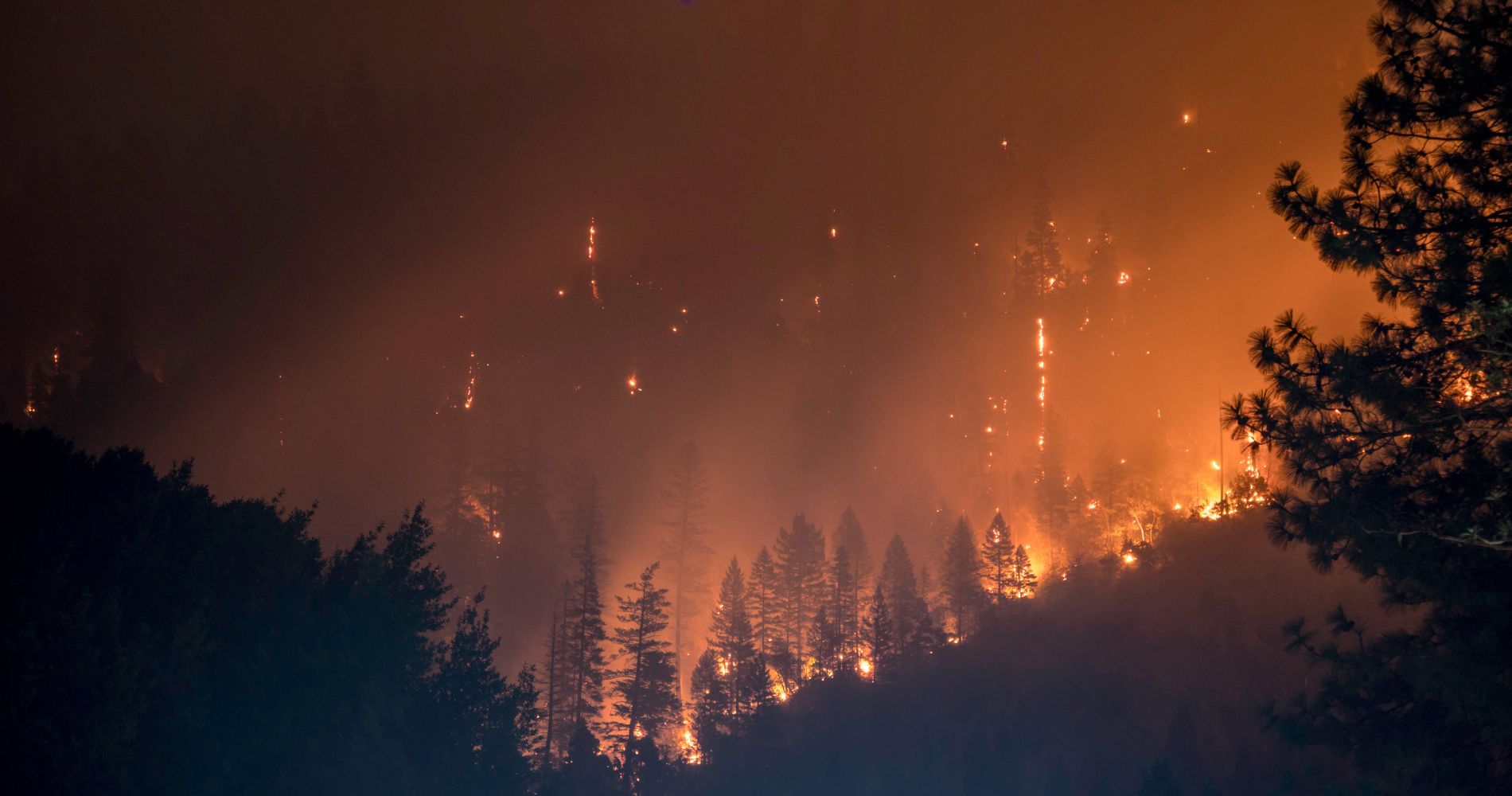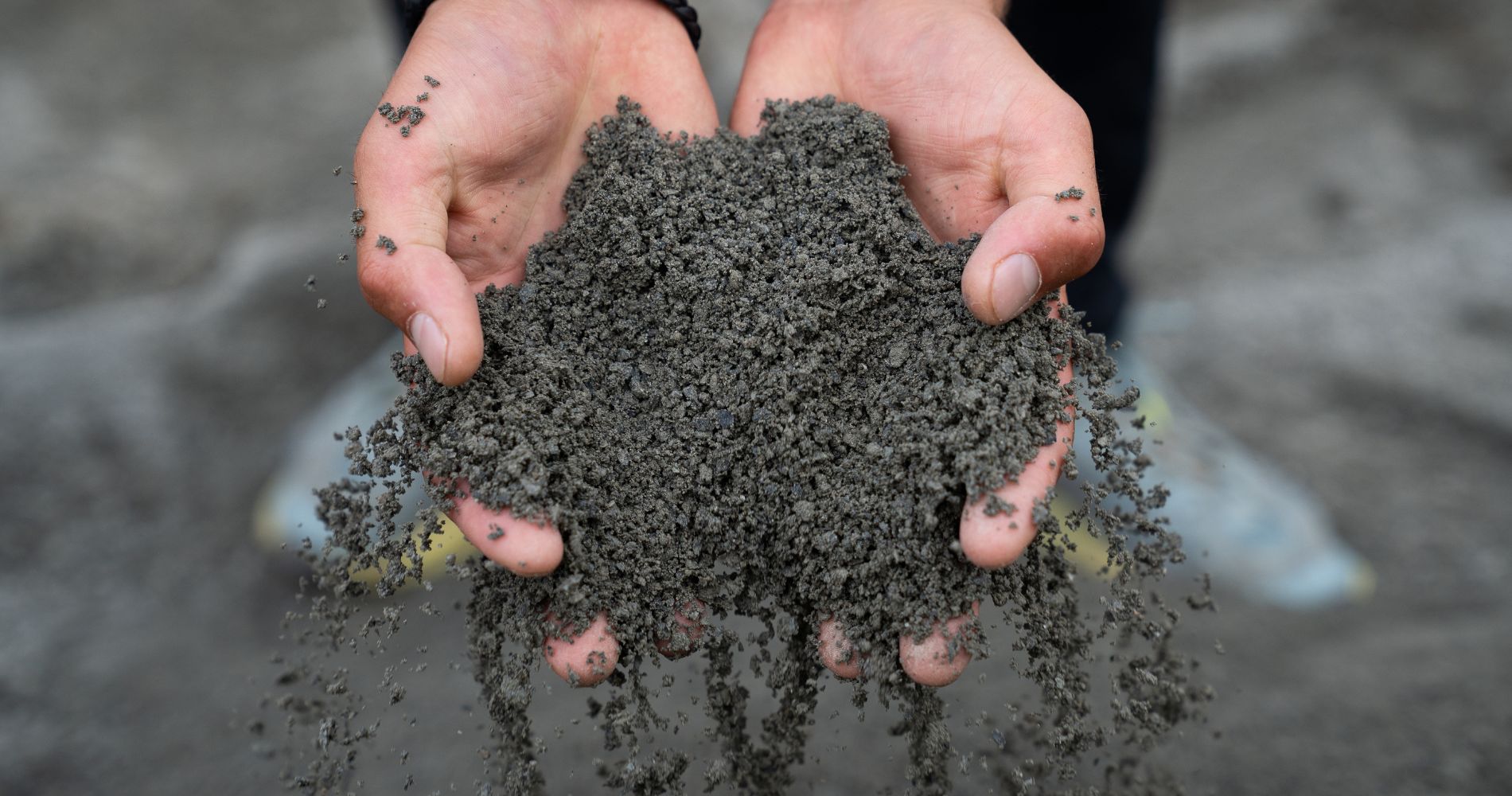“A quick glance at the news and it’s easy to give into despair about the state of the climate crisis. More dangerous still is to not care and give up hope.
I genuinely believe science and innovation will get us out of the worst elements of the climate crisis. Human ingenuity when focused and united is immense in its ability to solve the most complex challenges. The only question is when are we, humanity, going to invest in the science.”
Dr XinRan Liu, Director of Science and Research, UNDO
The recent Guardian article, ‘World’s top climate scientists expect global heating to blast past 1.5C target,’ paints a stark and sobering picture of our climate future. An exclusive survey of hundreds of leading climate experts reveals a troubling consensus: the majority believe that we will surpass the critical 1.5°C temperature target, with many expecting catastrophic warming of over 3°C by the end of the century.
The Grim Forecast

The survey of climate scientists highlights the overwhelming frustration and despair within the scientific community. Some key findings include:
– 77% of respondents believe global temperatures will reach at least 2.5°C above pre-industrial levels.
– 42% think it will be more than 3°C.
– Only 6% believe the 1.5°C limit will be met.
The consequences of missing these targets are alarming, with predictions of widespread famines, mass migration and global conflicts. For example, Dr Ruth Cerezo-Mota, a climate modeller at the National Autonomous University of Mexico, expects the world to heat by 3°C this century. Her “optimistic” projection foresees “enormous suffering to billions of people,” especially in vulnerable regions. She describes how daily life in Mexico has become unbearable: “Last summer, we had around 47°C maximum… Even at night, it’s 38°C, which is higher than your body temperature. It doesn’t give a minute of the day for your body to try to recover.”
Emotional Toll on Scientists
The article also sheds light on the emotional toll this outlook is having on climate scientists. Many feel despondent and question the impact of their work. Dr Ruth Cerezo-Mota describes reaching a breaking point during a meeting in Singapore, where she realised, “there is no safe place for anyone.” She adds, “I got depressed. It was a very dark point in my life.” Similarly, Dr Camille Parmesan, at the CNRS ecology centre in France, nearly gave up on climate science altogether 15 years ago, saying, “I had devoted my research life to [climate science] and it had not made a damn bit of difference.”
Despite these personal struggles, scientists continue their work to ensure that “the powerful cannot say they didn’t know.” Parmesan draws inspiration from young climate activists, saying, “I’ll keep doing this, not for the politicians, but for you.”
Searching for Solutions Amid Crisis

The surveyed scientists remain adamant that abandoning the fight is not an option. They emphasise the urgent need for immediate and substantial emission reductions alongside the rapid scaling of existing climate solutions. Joeri Rogelj, of Imperial College London, highlighted that “running away from [climate change] is impossible and will only increase the challenges.” He urges governments and individuals alike to confront the climate crisis head-on.
Henri Waisman, from France’s IDDRI policy research institute, insists that “every tenth of a degree matters a lot.” Even small changes in global temperatures can make a significant difference in mitigating the devastating impacts of climate change and helping to avoid millions of deaths. Waisman calls for immediate and ambitious climate action to prevent a “semi-dystopian future with substantial pain and suffering for the people of the global south.”
The scientists also underscore the need for global solidarity and cooperation to address this monumental challenge. Louis Verchot, at the International Center for Tropical Agriculture in Colombia, highlights the importance of working together: “All of humanity needs to come together and cooperate – this is a monumental opportunity to put differences aside and work together.”
Their message is clear: while the climate crisis may seem insurmountable, every degree, every action, and every solution matters. Fighting for every tenth of a degree can make all the difference.
Obstacles to Climate Action
The survey also delves into the reasons behind humanity’s failure to address climate change with sufficient urgency. The scientists overwhelmingly pointed to a lack of political will as the primary barrier:
– Lack of Political Will: Nearly three-quarters of respondents cited political will as the main issue. Many politicians continue to prioritise short-term gains over long-term environmental stability.
– Vested Corporate Interests: 60% of scientists also blamed vested corporate interests, particularly those in the fossil fuel industry, for impeding progress.
– Short-term Thinking: Dipak Dasgupta, an economist and former government adviser in India, said that short-term thinking by governments and businesses remains a significant barrier.
Disinformation and Polarisation
Disinformation was another major concern for scientists, with many citing its polarising effect on society. They highlighted the following challenges:
– Poor Public Understanding: The lack of accurate information blinds the public to the fact that most climate solutions already exist.
– Disinformation Campaigns: From Brazil to Ukraine, deliberate misinformation polarises society, with the goal of maintaining the status quo and protecting corporate interests.
Ralph Sims, at Massey University in New Zealand, pointed out that “the enormity of the problem is not well understood.” He predicted that by the time people recognise the urgency, millions will have already been displaced due to escalating extreme weather events.
The Role of Carbon Removal

In addition to urgent emissions reductions, carbon removal solutions will now have to play a crucial role in keeping global warming in check. The IPCC’s latest report emphasises that removing up to 10 billion tonnes of CO₂ annually by 2050 will be necessary to limit warming to 1.5°C or 2°C. Carbon removal can also compensate for emissions from sectors that are slow or unable to decarbonise completely.
Among the many carbon removal solutions that exist today, enhanced rock weathering (ERW) offers particular promise. ERW involves spreading finely crushed silicate rock onto agricultural land. There, the rock interacts with atmospheric CO₂ that descends in the form of carbonic acid via rainfall. A catalysed chemical reaction takes place with the rock’s increased surface area, and CO2 is locked away in mineral form. Recent research suggests that this process could capture up to 4 gigatonnes of CO₂ annually if scaled globally, while also enriching soil fertility and reducing ocean acidification. The combination of permanence, scalability and co-benefits makes ERW a vital component in the fight against climate change.
UNDO’s Contribution to the Solution

As one of the leading organisations implementing enhanced rock weathering (ERW), UNDO is dedicated to scaling this carbon removal technology. Here’s how UNDO is helping in the fight against climate change:
– Carbon Removal Targets: UNDO aims to spread enough crushed rock by 2025 to remove one million tonnes of CO₂ a significant step toward gigatonne-scale operations.
– Research and Innovation: In collaboration with Newcastle University, UNDO recently published a peer-reviewed study demonstrating the agronomic benefits of ERW. The study found that ERW contributed to a 9–20.5% higher crop yield and increased crop resilience to future climate challenges. Additional findings showed that ERW improved soil pH and higher nutrient uptake in crops. These findings support the value proposition of basalt amendment for farmers and pave the way for widespread adoption of ERW in the agricultural community.
– Co-benefits for Agricultural Communities and Oceans: Enhanced rock weathering also improves soil health, provides green jobs in the communities we operate, supports biodiversity and reduces ocean acidification.
Hope on the Horizon
The fight against climate change will continue. The Guardian article underscores the urgency of action but also the perseverance and determination of scientists worldwide.
While the climate crisis amounts to humanity’s greatest threat, small victories and emerging solutions like carbon removal technologies can help maintain hope. Every fraction of a degree matters, and fighting for every tenth can make all the difference.

Ready to Take Action?
At UNDO, we are committed to using enhanced rock weathering (ERW) to significantly reduce atmospheric CO2 levels and combat climate change. Join us in scaling this vital technology and make a difference in navigating the path to 1.5°C.


 " />
" />
